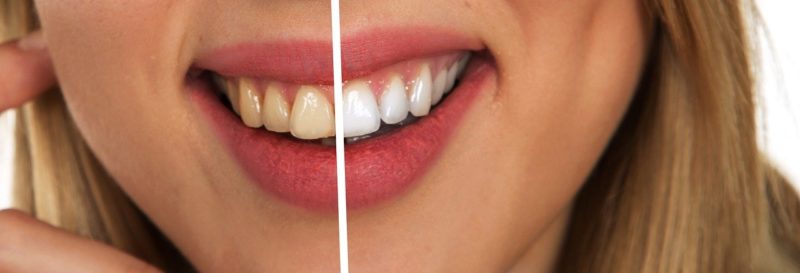Dental hygiene is important because it can protect our health and allow us to eat, speak and smile comfortably. Dental hygiene is the practice of keeping your teeth clean and healthy through regular brushing, flossing, and other methods. In order to practice dental hygiene, it is important to do certain things and avoid other things, and experts have some advice when it comes to the major do’s and don’ts when it comes to dental hygiene.
1. Aesthetics

It is important to maintain your smile by keeping up the appearance of your teeth. This means that it’s vital for both men and women to care for their teeth and ensure that they look as clean and pretty as possible. That said, as a dentist In Riccarton, Christchurch points out – every person’s teeth have a unique character, and it’s important to keep that in mind when taking care of your teeth. Washing, flossing, and even whitening your teeth are all important parts of keeping your dental hygiene on an optimal level.
However, going for the whitest teeth possible can lead to tooth-bleaching, and there is a fine line between getting your teeth whitened and going overboard. You should not bleach your teeth so much that it damages them or causes pain. Additionally, to be completely blunt, teeth that are too white just don’t look good. It’s important that your smile always looks like the best version of your smile, so being aware of what works for your skin tone and general appearance is vital.
2. Diet
You should also be on the lookout for certain things in your diet because they can cause problems with your dental hygiene. For example, the foods that are the worst for your teeth will have particular acids or sugars in them that can erode away at your enamel over time. These include soda, fruit juice, and other high-sugar drinks to limit their intake as much as possible. If you’re a fan of those, it’s important not to brush your teeth immediately after you drink them, in order to avoid doing damage. Instead, wait for at least half an hour before you brush your teeth so that the acids in the drinks have less of a chance to harm your teeth.
On the other side of things, there are certain foods that you should include in your diet because they can actually improve your dental hygiene. You should be eating more calcium-rich foods such as milk, yoghurt, and cheese – which can protect you from cavities. In addition to this, you also need to eat more vegetables and healthy proteins – since healthy proteins help to regulate the acid in your mouth to maintain optimal levels.
3. Brush Strokes
Brushing your teeth regularly is obviously important. However, you should always use mild, circular motions when brushing your teeth. Going with a toothbrush that has soft bristles and is the correct size for your mouth is also important. On top of that, you should be brushing for at least two minutes every time. That means you need to make sure that you’re brushing long enough with both soft, circular motions or brushing with gentle back-and-forth motions for the same amount of time.
If you use too much force, it can actually damage the enamel on your teeth and lead to erosion. Using straight-up-and-down motions can lead to gum recession in a lot of cases, and can increase your risk of getting gum disease. In a similar vein, avoid using brushes that are too hard or too small, which can increase your risk of tooth damage.
4. Flossing
Flossing is the go-to way to remove any sort of plaque that might be left after brushing or just before you brush – which makes it easier for them to break down and get out of your system naturally. You should floss once a day, every day. Flossing has been shown to reduce the risk of several problems, including gum disease. Just like with brushing your teeth – make sure to use gentle motions and do not use too much force when flossing. Finding the right floss for your teeth is important, too – if the floss you’re using isn’t up-to-par, it can damage your gums or otherwise cause problems.
Dental floss can make little cuts in the skin in your mouth, which can lead to bleeding. While this might not seem like a problem at first glance, it is actually something that you should watch out for because it can lead to an infection if the bleeding is not stopped.
When it comes down to it, taking care of your teeth at home is simple. Always make sure you have the proper equipment, a regular routine, and that you’re gentle with the motions you use when brushing and flossing. If you feel like you need additional advice, or if you suspect you have a dental issue, don’t hesitate to make an appointment with your dentist. Apart from being able to take care of any dental problem you might have, a professional dentist can always give you the best advice that will be the most relevant to your own personal dental hygiene needs.

